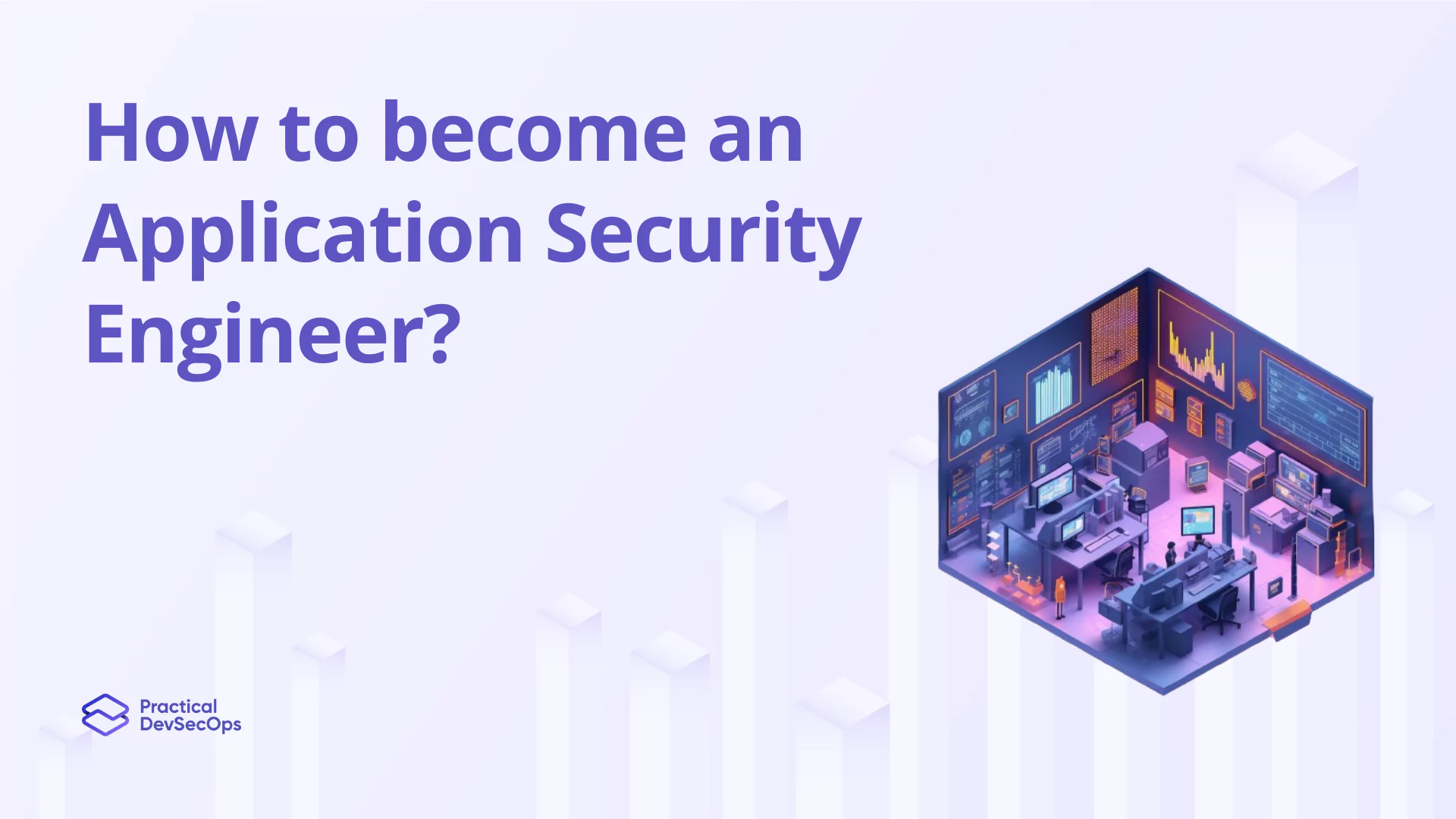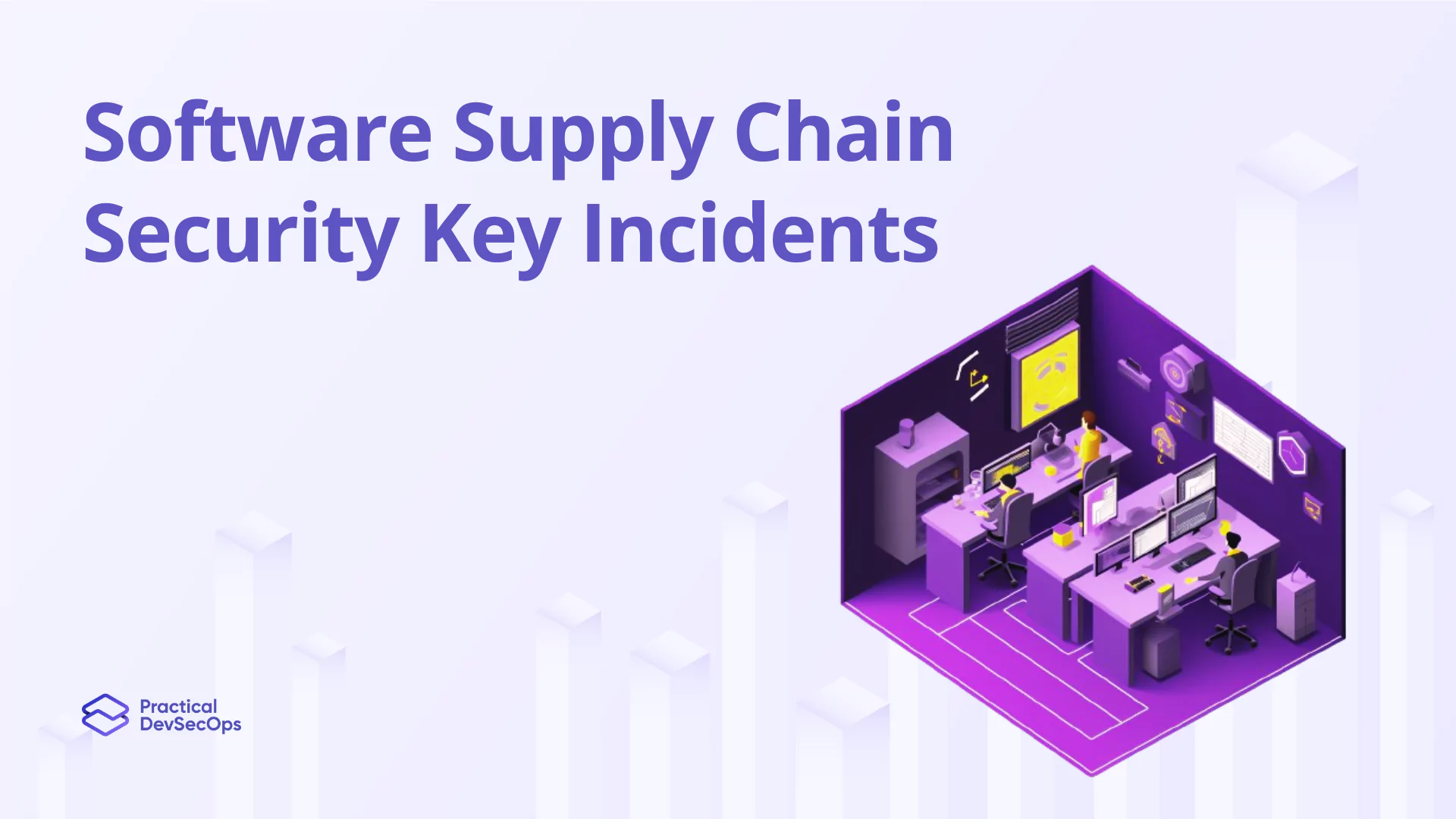If you’re a security enthusiast considering Kubernetes certification, you might wonder about its difficulty level. Let’s delve into the specifics that contribute to the challenging nature of Kubernetes certification exams, along with providing insight into what makes them demanding.
How Difficult is Kubernetes Certification to Pursue?
1. Prior Experience
Individuals with prior hands-on experience in Kubernetes will likely find certification easier when compared to newcomers. Because new learners should need to dedicate more time to learning and practicing Kubernetes concepts.
2. Knowledge Depth
The CKA and CKAD exams are general in nature and test your knowledge about the various components of Kubernetes, its architecture, deployment, and troubleshooting. But CKA and CKAD are not expert-level certifications; they are actually kind of easier than expert-level certifications. But, surprisingly, this official training for CKA and CKAD doesn’t even come with practice labs, despite practical exams being part of it. CCNSE is one of the strong grades of Kubernetes certification, with a test that includes a challenging 6 hour exam that critically tests the candidate’s basic to advanced knowledge in Kubernetes. It is one of the leaders offering a full curriculum that covers all topics, from the basics of Kubernetes to advanced concepts, including hands-on training in browser-based labs with an instructor. Despite the demanding exam duration, the effective training approach of CCNSE makes passing the certification attainable.
Also Read, CKA vs CKAD
Also Read, CKA vs CKS
Also Read, CCNSE vs CKS, Which Kubernetes Certification is Difficult?
3. Hands-on Skills
Kubernetes certifications typically include practical assessments that require performing tasks on a live Kubernetes cluster. These tasks could involve deploying applications, managing configurations, troubleshooting issues, and performing scaling or upgrades. The level of difficulty can vary based on the complexity of the tasks and your familiarity with performing these operations in a real-world environment. Therefore, get Kubernetes certification courses like CCSNE that provide hands-on labs for training. Most Linux Foundation certifications like CKA and CKAD do not provide labs to practice.
4. Preparation and Resources
The Kubernetes certifications can be challenging, and in fact, it largely depends on the type of preparation done and the access to sufficient relevant study materials, practice tests, and hands-on labs. These learning paths, official documentation, online courses, and community resources will be of much help to getting yourself prepared well and, therefore, leaving you confident with the subject.
Also Read, Best Tips for Kubernetes Certification
5. Exam Format
The format of the certification exam also influences its difficulty. Some certifications may have multiple-choice questions, while others focus on hands-on tasks or a combination of both. Understanding the format and requirements beforehand allows you to prepare accordingly.
Also Read, How to Pass CKS Exam
Conclusion
Overall, while Kubernetes certifications can be challenging, especially for beginners, with the right dedication, resources, and practice, they are attainable. Remember to approach your studies systematically, practice hands-on tasks regularly, and leverage the available study materials to augment your understanding. The Practical DevSecOps’s Certified Cloud-Native Security Expert (CCNSE) Course is an industry-recognized certification specializing in Kubernetes security. This certification provides hands-on training through browser-based labs for all major Kubernetes security concepts, such as
- Hacking Kubernetes Cluster,
- Kubernetes Authentication and Authorization,
- Kubernetes Admission Controllers, Kubernetes Data Security,
- Kubernetes Network Security,
- Defending Kubernetes Cluster
Start your Kubernetes Security Journey today through CCNSE!
Also read, Why Should You Learn Kubernetes Security?






0 Comments